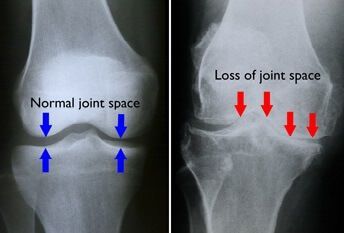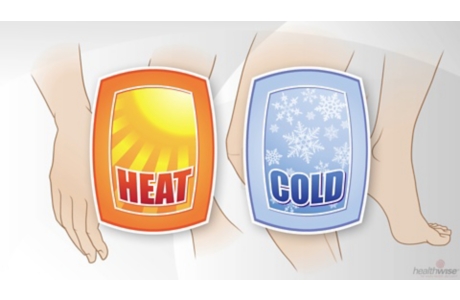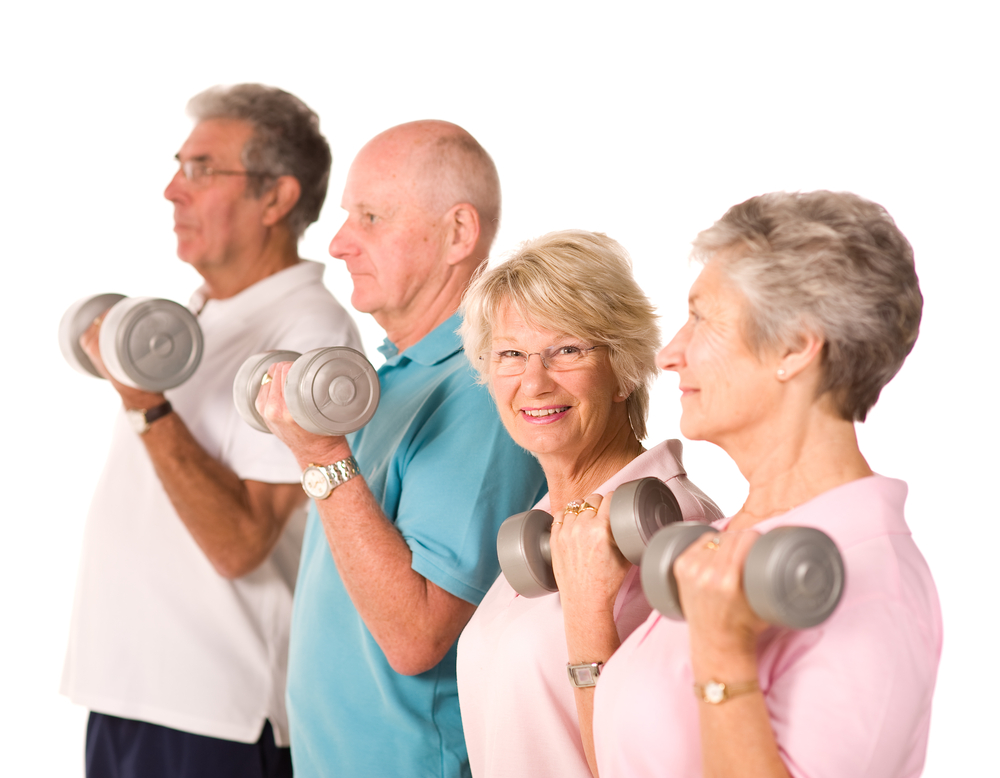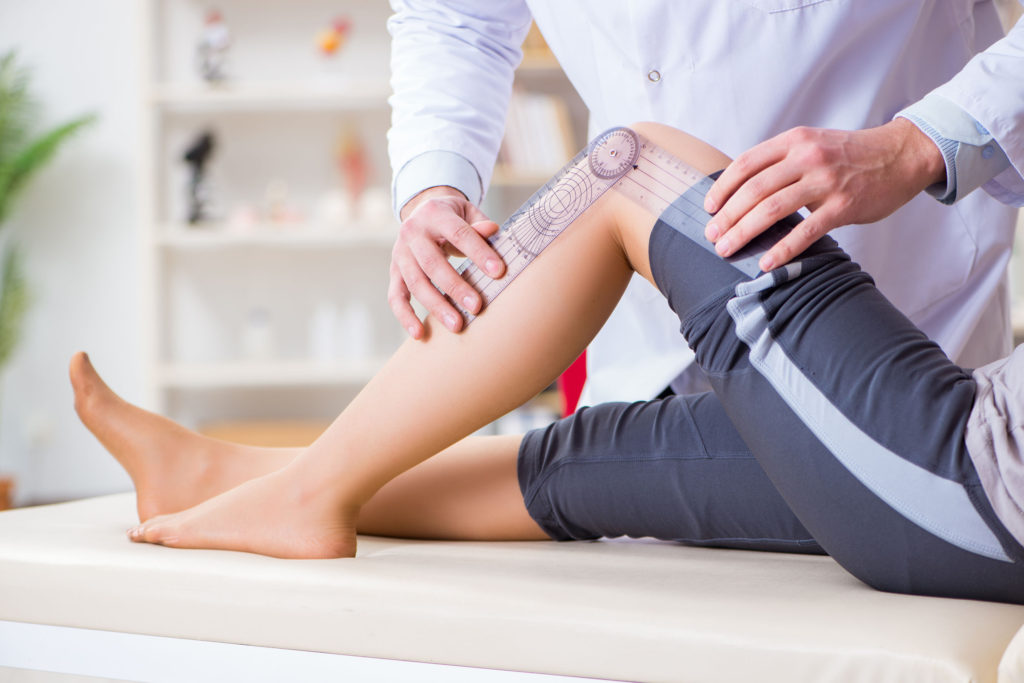Physiotherapy for Arthritis
Around 10 million people in the UK are thought to have arthritis. It can affect people of all ages – even children and teenagers. Some forms of arthritis are more common in older people.
The word arthritis is used to describe pain, swelling and stiffness in a joint or joints.
Osteoarthritis, commonly known as arthritis, is the term used for age-related changes in your joints.

Osteoarthritis is more common in women and usually affects people from the age of 45 onwards. The parts of the body most commonly affected are the knees, hands, hips, and back.

Managing symptoms of Arthritis
Keeping active will help you maintain a healthy weight, and this will reduce the pressure on your joints. Daily walking can be really beneficial.
Doing regular exercise will keep muscles around a joint strong, and this will help to support and stabilise a joint affected by osteoarthritis. Strengthening exercises, provided by your physiotherapist, can gradually build your strength and resilience without increasing your discomfort.

Taking painkillers, such as paracetamol and non-steroidal anti-inflammatory drugs (NSAIDs), such as ibuprofen can help reduce your symptoms and allow you to stay active. Keeping active will also reduce pain, stiffness and swelling.
There are NSAID creams that you can rub into the affected area. It might be an idea to try these first.
The use of heat and/or ice can also help with short term pain relief when needed.

Exercise and arthritis
You might not always feel like exercising if you have arthritis. And you might be worried that exercising will make your pain or your condition worse.

However, exercise can make symptoms such as pain and swelling better. There are several reasons why this is the case:
- Your muscles will become stronger. This will provide better support to the joint.
- Your joints will become supple and less likely to become stiff.
- Your joints will be able to maintain their range of movement.
- Exercise improves your overall health and fitness and can help you maintain a healthy weight.
- Exercise leads to the release of chemicals in the body called endorphins. These are painkillers produced naturally by the body. Releasing them into the blood through exercise can make you feel good.
- Exercising regularly can help you get good sleep, which can help the body repair itself.

Your physiotherapist can help design a simple exercise programme that you can build into your daily activities to support your joints.
If your osteoarthritis becomes severe, particularly in your knees and hips, you may need to consider the possibility of surgery. This is usually considered only after you’ve tried all the other treatment options. Your physiotherapist can assist with onward referrals if this becomes an option.